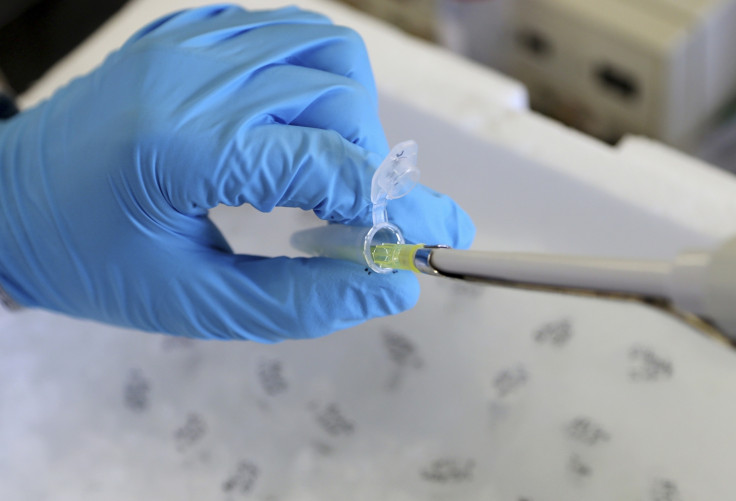Researchers discover five genetically-different types of prostate cancer

Researchers have discovered five genetically different types of prostate cancer, which could have serious implications in the way the disease is treated.
The research, conducted by Cancer Research UK and Addenbrooke's Hospital in Cambridge, compared 250 samples of healthy and cancerous tissue. According to the Press Association, cancerous cells were divided into five categories based on the activity of 100 different genes.
Prostate cancer is the most common cancer found among men in the UK, with 41,700 cases diagnosed every year, the BBC reported. Each year 10,800 die from prostate cancer.
Professor Malcom Mason from Cancer Research UK told reporters:The challenge in treating prostate cancer is that it can either behave like a pussycat - growing slowly and unlikely to cause problems in a man's lifetime - or a tiger, spreading aggressively and requiring urgent treatment. But at the moment we have no reliable way to distinguish them. This means that some men may get treatment they don't need, causing unnecessary side effects, while others might benefit from more intensive treatment."
Fellow researcher Dr Alastair Lamb added: "These findings could help doctors decide on the best course of treatment for each individual patient, based on the characteristics of their tumour.
"The next step is to confirm these results in bigger studies and drill down into the molecular 'nuts and bolts' of each specific prostate cancer type."
Prostate Cancer UK's Dr Iain Frame told the BBC: "For men to truly benefit from these findings it is now vital that the research community comes together to confirm the most efficient methods for testing for different types of prostate cancer that can be bought to the clinic."
The new study was published in the online journal EBioMedicine.
© Copyright IBTimes 2024. All rights reserved.






